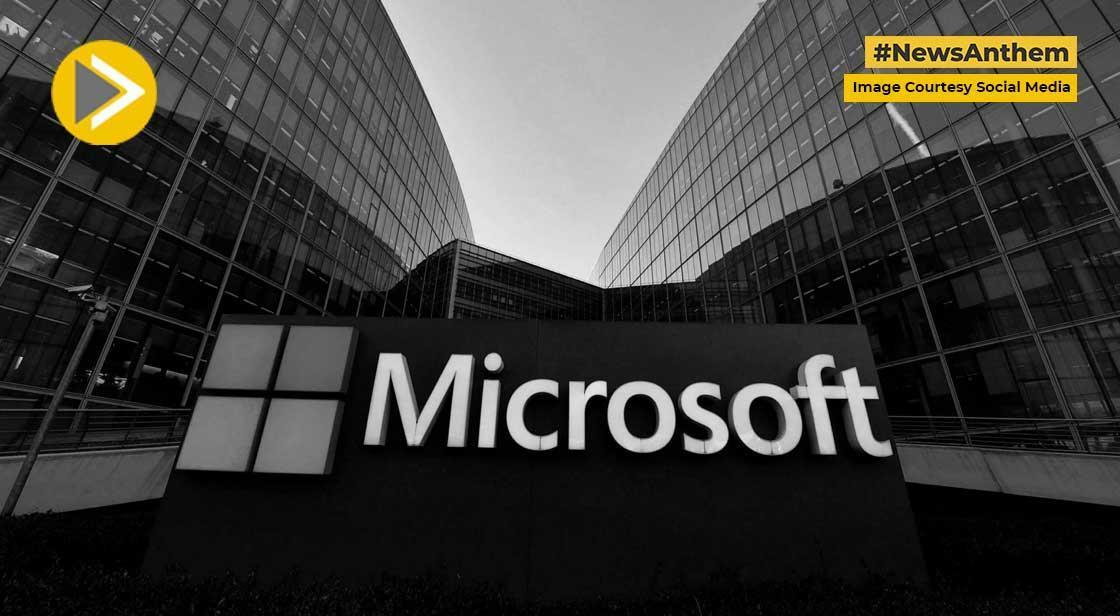Microsoft Introduces Dragon Copilot AI to Reduce Clinician Burnout

News Synopsis
Microsoft has introduced a groundbreaking artificial intelligence (AI) assistant, Dragon Copilot, designed to streamline documentation tasks for medical professionals. Announced on Monday, this AI-driven tool aims to reduce clinician workload by automating administrative tasks, allowing doctors to focus more on patient care.
Developed using AI tools from Nuance, a Microsoft-acquired company, Dragon Copilot can record conversations, generate clinical notes, draft referral letters, and create post-visit summaries. Since it is designed specifically for medical institutions and healthcare providers, Microsoft has not disclosed its pricing.
Addressing Clinician Burnout with AI
High Levels of Clinician Burnout in the U.S.
In a newsroom post, Microsoft highlighted the growing issue of clinician burnout. According to 2024 data from the American Medical Association, 48% of U.S. healthcare professionals reported burnout, a slight improvement from 53% in 2023. However, Microsoft warns that this persistent level of burnout could lead to a workforce shortage in the healthcare sector.
A major contributor to burnout is the overwhelming workload of paperwork and documentation, which consumes valuable time that could be spent on patient care. By leveraging AI, Dragon Copilot seeks to ease the administrative burden on clinicians.
How Dragon Copilot Works
A Blend of AI Technologies
Dragon Copilot is built using two key AI tools developed by Nuance:
-
Dragon Medical One (DMO): An AI-powered speech-to-text tool designed for healthcare professionals.
-
Dragon Ambient eXperience (DAX): An AI system with ambient listening capabilities that captures patient-doctor interactions in real time.
By combining these technologies with generative AI, Microsoft has created a comprehensive AI assistant capable of automating multiple administrative processes in healthcare settings.
Features and Capabilities of Dragon Copilot
Dragon Copilot offers a range of functionalities aimed at enhancing efficiency in medical documentation:
-
Real-time Recording & Processing: The AI can capture and process verbal interactions between doctors and patients in multiple languages.
-
Automated Documentation: Using AI-driven natural language processing (NLP), it generates medical notes, referral letters, and post-visit summaries.
-
Personalized Content Generation: The AI adapts to the clinician’s preferred style and formatting, ensuring consistency.
-
Access to Trusted Medical Information: Clinicians can use Dragon Copilot to retrieve reliable medical content, although Microsoft has not disclosed specific sources.
Data Security & Privacy Measures
Since Dragon Copilot deals with highly sensitive medical data, ensuring privacy and compliance with healthcare regulations is critical. While Microsoft has not detailed its security measures, the company assures that Dragon Copilot is built on a “secure data estate” with clinical, chat, and compliance safeguards specific to the healthcare industry.
The Growing Role of AI in Healthcare
Microsoft’s Expanding AI Footprint in India and Beyond
Microsoft is not the only tech giant investing in AI-powered healthcare solutions. In early 2024, Microsoft CEO Satya Nadella announced a $3 billion investment in India, aimed at expanding AI and cloud infrastructure, including AI-driven medical solutions.
The healthcare AI market is witnessing rapid expansion, with multiple firms working on AI-driven diagnostics, patient management, and automation tools.
Conclusion
Microsoft’s Dragon Copilot AI marks a significant step forward in healthcare automation, aiming to reduce clinician burnout and streamline administrative tasks. By leveraging advanced AI from Nuance, the tool can transform how medical professionals handle documentation, enabling them to dedicate more time to patient care.
With the increasing adoption of AI in healthcare, Microsoft’s investment in Dragon Copilot signals a broader industry shift towards automation and AI-driven efficiency. However, data privacy, compliance, and AI reliability will be key factors determining its widespread adoption.
You May Like









